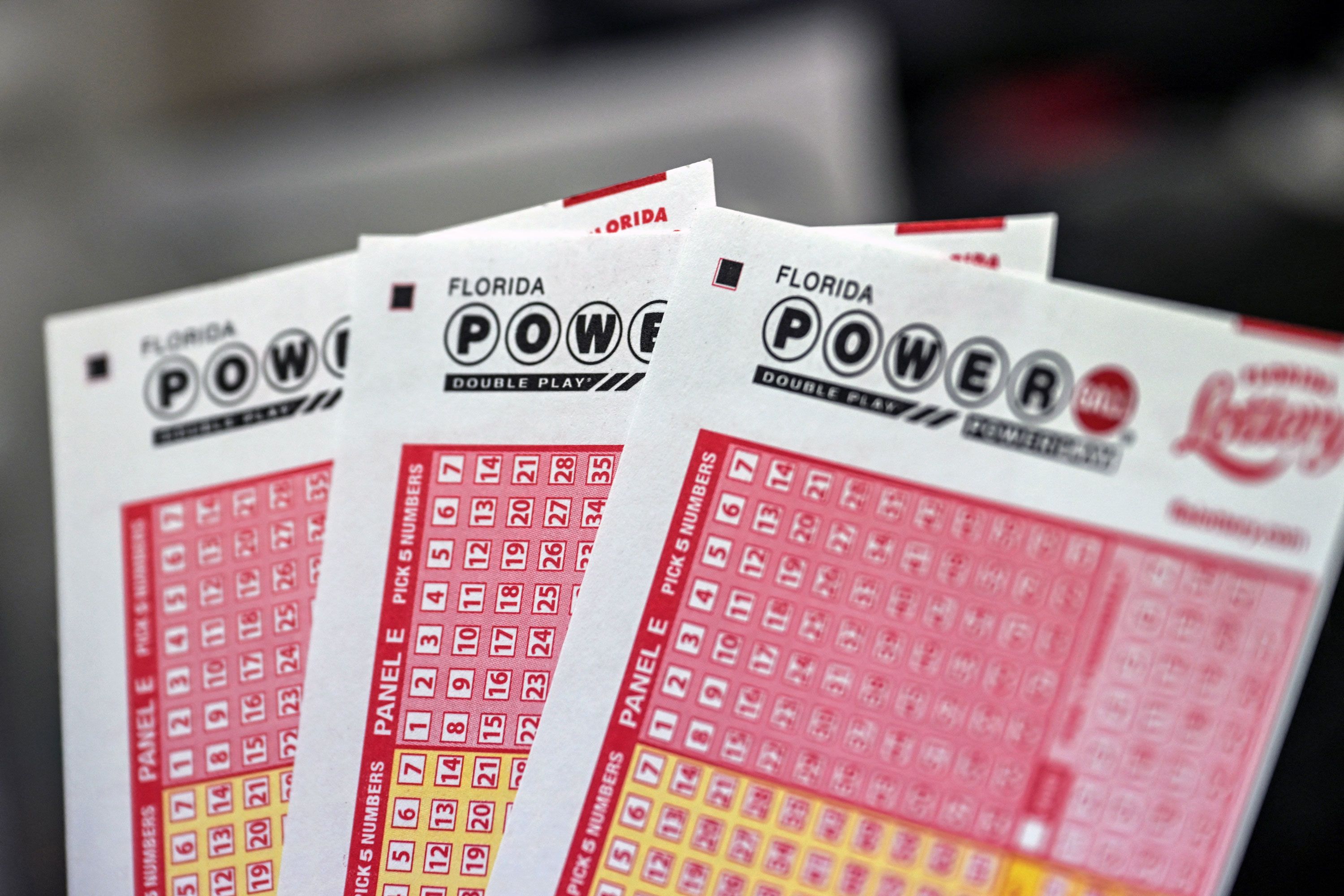
The lottery is a form of gambling in which players purchase tickets for a chance to win a prize based on the numbers randomly drawn by machines. Its name comes from the Dutch word lot, meaning fate or chance. Lotteries are generally illegal, except those run by the state. In the United States, forty-four states and the District of Columbia have a lottery. The winnings from these lotteries are largely used to fund public programs.
The majority of lottery players are in the 21st through 60th percentiles of income distribution, people who have just a few dollars a week left over for discretionary spending and can’t afford to save much money. They also don’t have many other opportunities to make money or achieve the American dream, such as entrepreneurship or innovation. The fact that they can’t invest their money in a more profitable way makes them willing to buy lottery tickets and hope for the best.
Super-sized jackpots drive lottery sales by providing a chance to win a huge sum and generate buzz in the media, but they require that smaller prizes be available as well. A portion of the pool goes to organizers, a percentage is used for advertising and promotions, and the remainder is allocated to winners. In the United States, the jackpot is often paid out in an annuity, which means that if you won the Powerball, for example, you’d get your first payment when you win and then 29 annual payments increasing by 5% each year.